Brentuximab Vedotin Effective in Real-World Treatment of Patients With Relapsed, Refractory Hodgkin Lymphoma
By Cameron Kelsall, /alert Contributor
November 25, 2020
Patients with relapsed/refractory classical Hodgkin lymphoma treated with brentuximab vedotin in the real-world setting experienced outcomes consistent with those seen in the pivotal phase 2 trial of the agent, according to the results of a systematic review and meta-analysis presented at the ESMO Virtual Congress 2020.
“Brentuximab vedotin is an anti–CD30 antibody–drug conjugate,” said Bastian von Tresckow, MD, Deputy Director, Clinic for Hematology and Stem Cell Transplantation, University Hospital of Essen (Germany), during his presentation. “In a pivotal phase 2 trial published in 2012, the overall response rate [ORR] was 75%, and complete remission was observed in 34% of patients with relapsed or refractory Hodgkin lymphoma. Similar findings were since obtained in observational real-world studies; however, most were of small sample size and lacked statistical power.”
Von Tresckow and colleagues identified observational studies conducted over a 10-year period (January 2010 through June 2020) through a literature search of major medical databases, followed by pragmatic searches and snowballing. From a total of 2481 possible references found through database and pragmatic searches, they included 32 sources in their final analysis.
“The majority of patients with advanced relapsed or refractory Hodgkin lymphoma varied greatly between studies, from 47% to 88%,” said von Tresckow. “A majority of the patients included in the studies had a previous autologous stem cell transplant, although the proportions varied from 51% to 100%. Two studies were restricted to patients ineligible for autologous stem cell transplant.”
The researchers focused on reviewing patterns of use, responses to treatment, progression-free survival (PFS), overall survival (OS) and rates of adverse events.
The dosing schedule in the majority of studies (n = 26) was 1.8 mg/kg every 3 weeks. Based on 21 studies, the median number of treatment cycles varied between 4 and 8 cycles. The median number of previous therapy lines was 3 (range, 2-4).
Based on data culled from 28 sources, the median real-world ORR ranged from 46.6% to 84%. The real-world complete response rate, based on data from 26 sources, ranged from 21.1% to 45.8%.
The pooled ORR estimate after 4 treatment cycles was 62.6% (95% CI, 56-68.9; I2 = 9.5%), with an estimate of 66.7% (95% CI, 58.5-74.5; I2 = 43.9%) after 4-6 cycles of treatment.
The researchers reported ranges of PFS at 1 year (52.1%-63.2%, based on 2 sources), 2 years (45.2%-56.2%, based on 3 sources) and 5 years (31.9%-33%, based on 2 sources). OS was also reported at 1 year (68.2%-82.7%, based on 6 sources), 2 years (58%-81.9%, based on 7 sources) and 5 years (58%-62%, based on 2 sources).
A funnel plot showed that the studies did not display an apparent publication bias, according to von Tresckow.
“The findings of this analysis attest the effectiveness of brentuximab vedotin in the real-world setting,” concluded von Tresckow. “Despite the greater diversity of patients included in observational studies, estimates of treatment response, PFS and OS are consistent with the results reported in the pivotal phase 2 trial.”

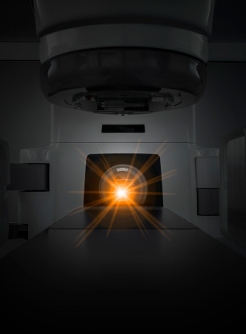
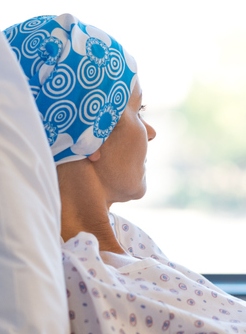
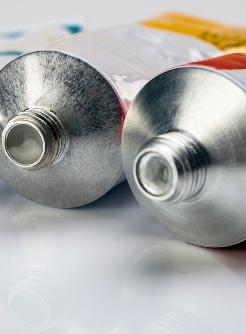
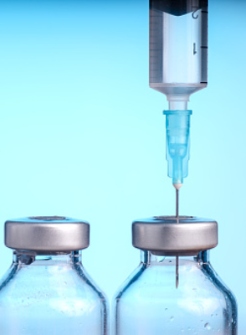



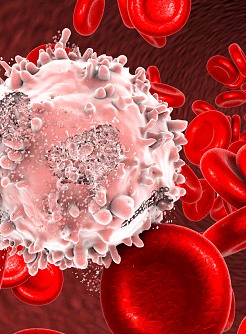
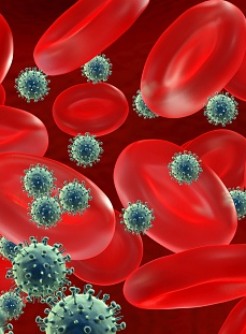



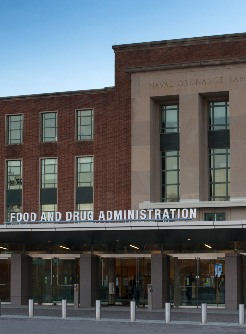

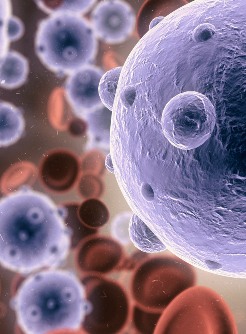
.jpg)
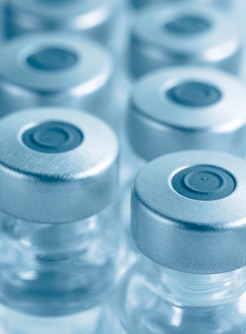



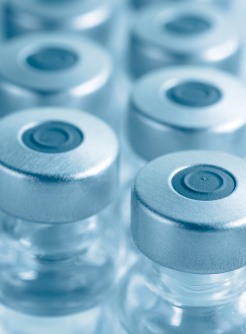
.jpg)



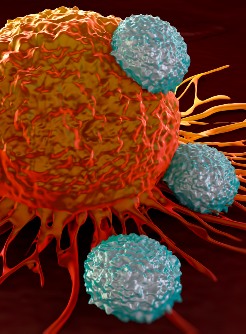
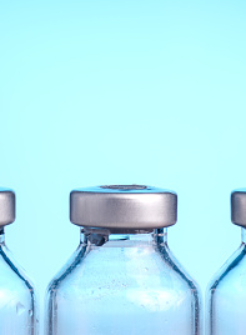

.jpg)
.jpg)
.jpg)
.jpg)
.jpg)
.jpg)
.jpg)

.jpg)
.jpg)